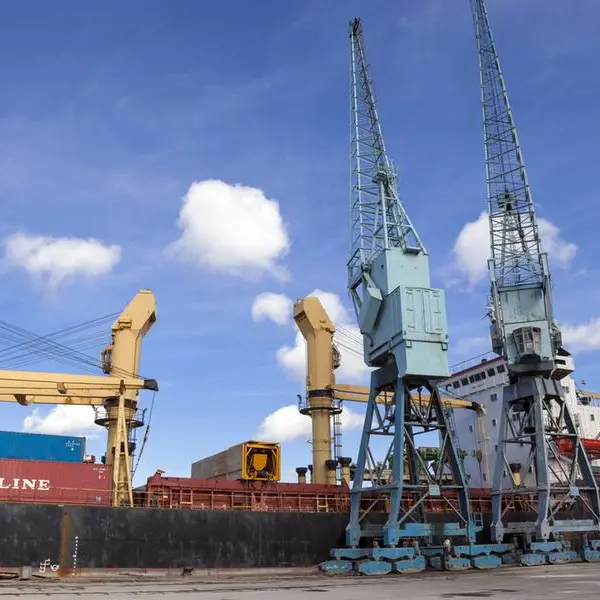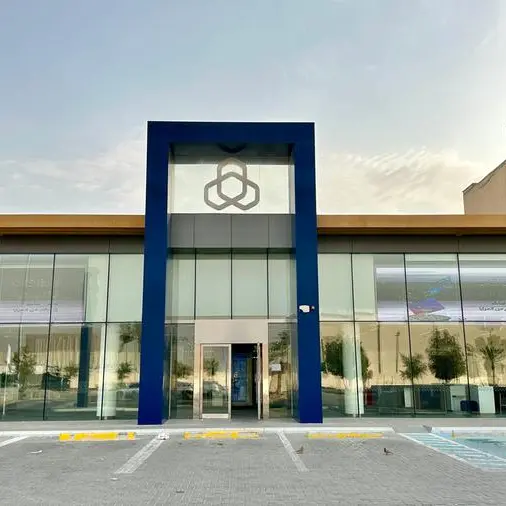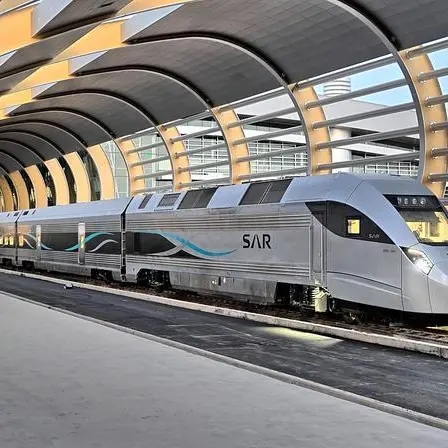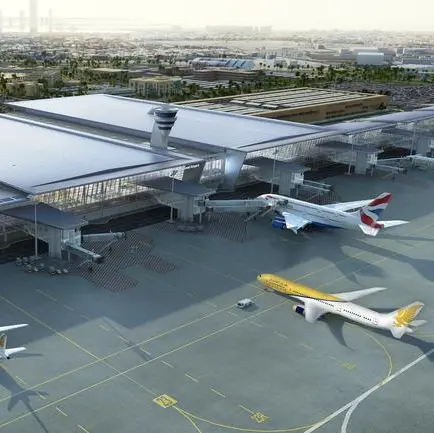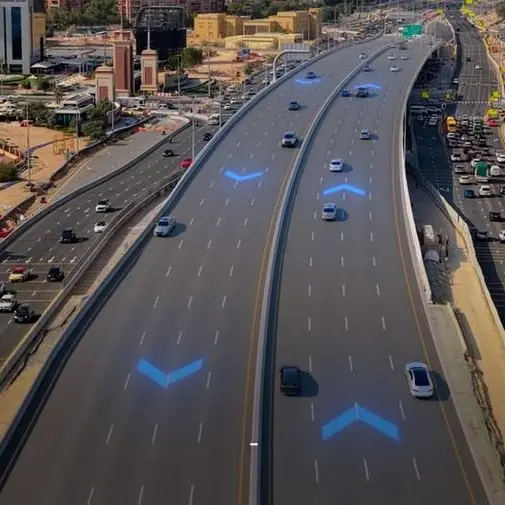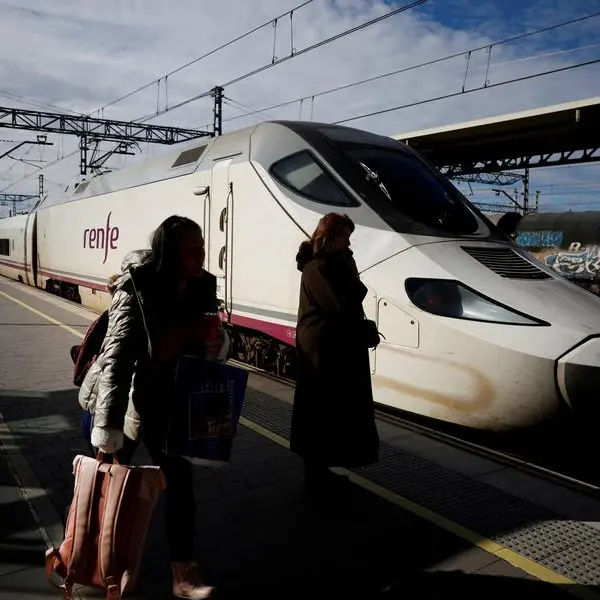PHOTO
The activities of the 8th Indian Ocean Conference (IOC) concluded on Monday. Through various topics, the conference addressed the opportunities and challenges facing the Indian Ocean countries and means of enhancing regional cooperation.
On the sidelines of the closing day, an event titled India-Indian Ocean Economic Forum was held. It was attended by Sayyid Badr bin Hamad al Busaidy, Foreign Minister, Qais bin Mohammed al Yousef, Minister of Commerce, Industry and Investment Promotion, and officials from the Foreign Ministry and participants in the conference.
Speaking at the event, Al Yousef said: “The 8th Indian Ocean Conference is a platform dedicated to fostering maritime partnerships and economic integration across our region as Oman underlines its commitment to strengthening ties with our neighbours and fostering a regional economic ecosystem that promotes prosperity for all.”
“Trade has always been at the heart of Oman’s identity; Centuries ago, Omani sailors set sail across the Indian Ocean, navigating as far as the eastern coast of Africa, India, and China. They traded frankincense, dates, and copper, returning with spices, textiles, and knowledge that enriched our civilisation. That same maritime tradition continues today, with Oman serving as a strategic gateway between the East and the West. Always being a champion of trade, from the bustling souqs 5,000 years ago to our modern free zones and world-class ports,” he added.
The minister said that the Indian Ocean is not just a body of water — it is an economic lifeline. It facilitates nearly 80 per cent of global oil trade and carries a significant portion of the world’s container traffic. The ports in this region handle billions of dollars in trade annually, yet we are only scratching the surface of our collective potential.
On his turn, Miyaji Takuma, State Minister for Foreign Affairs of Japan, touched on the importance of enhancing the common interests of all countries bordering the Indian Ocean and the ties that unite them to foster growth and prosperity for all countries, overcome crises, geopolitical competition and climate change that have impacts on everyone. He also underlined the need for promoting and protecting the free global economy and ensuring economic security through the development of advanced technology, respect international agreements and enhance maritime security.
MARITIME TIES
Three main sessions were held at the closing day. The first one, titled “Strengthening Global Maritime Cooperation”, focused on the importance of joint cooperation among countries to ensure the security and freedom of navigation, enhance maritime and international trade, protect the marine environment, develop the blue economy, the challenges of climate change and the importance of devising new international agreements to regulate navigation.
The second, titled “Innovative Port Security”, addressed the importance of technology and innovation in port security and international and regional cooperation in setting standards to enhance maritime security.
Meanwhile, the third session, titled “Global Marine Resource Management — Challenges and Opportunities”, addressed the main challenges in marine resource management and the opportunities available to enhance cooperation and future solutions.
At the end of the conference, a joint dialogue session was held, bringing together Sayyid Badr bin Hamad al Busaidy, Foreign Minister, Dr Ram Madhav, Chairman of the India Foundation and Jaideep Mazumdar, Secretary East, Ministry of External Affairs, Republic of India.
The session witnessed interaction from the participants, as the speakers received various questions from the audience about the future of relations among the countries of the region, the role of international cooperation in enhancing maritime security and trade, in addition to mechanisms to address environmental and economic challenges in the Indian Ocean.
PARTNERSHIPS
Sayyid Badr affirmed that the conference represented an opportunity to enhance regional and international cooperation in the fields of maritime security, trade and sustainable development, expressing his hope that these discussions would be a starting point for more constructive partnerships and purposeful initiatives that benefit the countries and peoples of the region.
On his turn, Shaikh Khalifa bin Ali al Harthy, Under-Secretary of the Foreign Ministry for Political Affairs, said in a statement: “During the conference, many topics were discussed on means of utilising oceans in general and the Indian Ocean in particular to enhance partnership between all countries. The conference was also an opportunity to review the investment potential provided by the Sultanate of Oman. Bilateral meetings were held with delegations participating in the conference from more than 30 countries and private sector companies. They discussed the Omani capabilities and exchanged experiences on how to benefit from what the oceans provide and exchanged visions on some of the challenges facing maritime routes”. He pointed out that all participants agreed on the importance of enhancing cooperation and coordination in this regard.
Hosting this conference reflects Oman’s pioneering role in enhancing regional and international cooperation in the Indian Ocean. It also underlines its commitment to supporting constructive dialogue and sustainable partnerships to ensure a more prosperous future for all.
ENVIRONMENT
Chairman of Environment Authority, Dr Abdullah bin Ali al Amri, said that the IOC has been discussing several strategic pillars and one of them is the environment.
“Environment is one of the most important subjects since the world is taking numerous efforts to protect the ecological balance and to move from a linear economy to a sustainable one. This is a good time to exchange the experience and knowledge with friends and neighbors,” he said, speaking to Observer.
He added, “Oman is currently the President of the UN Environment Assembly for the years 2024 & 2025. And this is a good opportunity to learn from our colleagues in the Indian Ocean region. We hope we will be able to come up with strategic solutions to the environmental issues and tackle the climate change in the region and the world.”
The themes under discussion at the conference are strong, said Altamash Wazir Khan, Director General, Middle East Ministry of Foreign Affairs, Islamabad, Pakistan.
“I think the discussions have been very strong for all the countries connected with the Indian Ocean, but if their economies have trading connections with the Indian Ocean, they are already connected,” noted Khan.
Speaking to the Observer, he pointed out that Pakistan has a 760-km coastline, and as far as trade is concerned, it is not just for Pakistan but also for the entire South Asia.
When asked about environmental challenges, he said: “If we talk about ecological factors, Pakistan is also one of those countries that has contributed the least damage towards climate change, yet we are one of the biggest sufferers.”
He said Pakistan has had an unprecedented number of incidents of floods and has been a victim of droughts.
Speakers also touched upon rising sea levels, acidification, plastic collection in the ocean, over fishing and pollution.
The eighth edition of the conference addressed ways to enhance maritime partnerships, improve trade links, support sustainable development and issues related to maritime security, and ensure freedom of navigation, in addition to benefiting from modern technology to enhance port security and governance.
In his speech, Vivian Balakrishnan, Singapore’s Minister of Foreign Affairs, had said that the Indian Ocean today connects the major engines of the international economy all the way from the North Atlantic to the Asia-Pacific. The United Nations Conference on Trade and Development estimates that over 80 per cent of global trade by volume and over 70 per cent by value is transported by sea. A substantial portion of this flows through the Indian Ocean, including about 80 per cent of the world’s maritime oil trade and 9.48 billion tonnes of cargo.
“It is worth recollecting that despite modern connectivity options like air travel and high-speed rail, maritime shipping remains the most cost-efficient way of transporting vast quantities of cargo across our globe. An average container ship that traverses the Suez Canal today can carry about 18,000 TEUs, or 20-foot equivalent units. If we were to unload every single container from this ship and place them onto a train, that train would stretch for more than 100 km,” he had pointed out in his remarks.
PORT SECURITY
On the second day of the conference, port security was on the agenda. The innovation side of port security was looked into in the parallel sessions.
Speaker at the session, Anil Wadhwa said: “Ports are becoming smarter these days and we have to look at the development of artificial intelligence and counter-terrorism, which means reliance on drones and not so much on human surveillance and intelligence. On the agenda was also cybersecurity.
The two-day conference also brought in international organisations. Indramani Pandey, Secretary General of the Bay of Bengal Initiative for Multi-Sectoral Technical and Economic Cooperation, said that the IOC was the perfect platform to communicate with nations of the Indian Ocean region on how the regional cooperation BIMSTEC is pursuing can contribute to overall peace and prosperity in the Indian Ocean region.
“If we look at the Indian Ocean, we have the Arabian Sea on the West and the Bay of Bengal on the East. This initiative of multi-sectoral cooperation focuses on strengthening cooperation in the Bay of Bengal in 15 major sectors, especially in maritime cooperations and disaster management.
2022 © All right reserved for Oman Establishment for Press, Publication and Advertising (OEPPA) Provided by SyndiGate Media Inc. (Syndigate.info).

